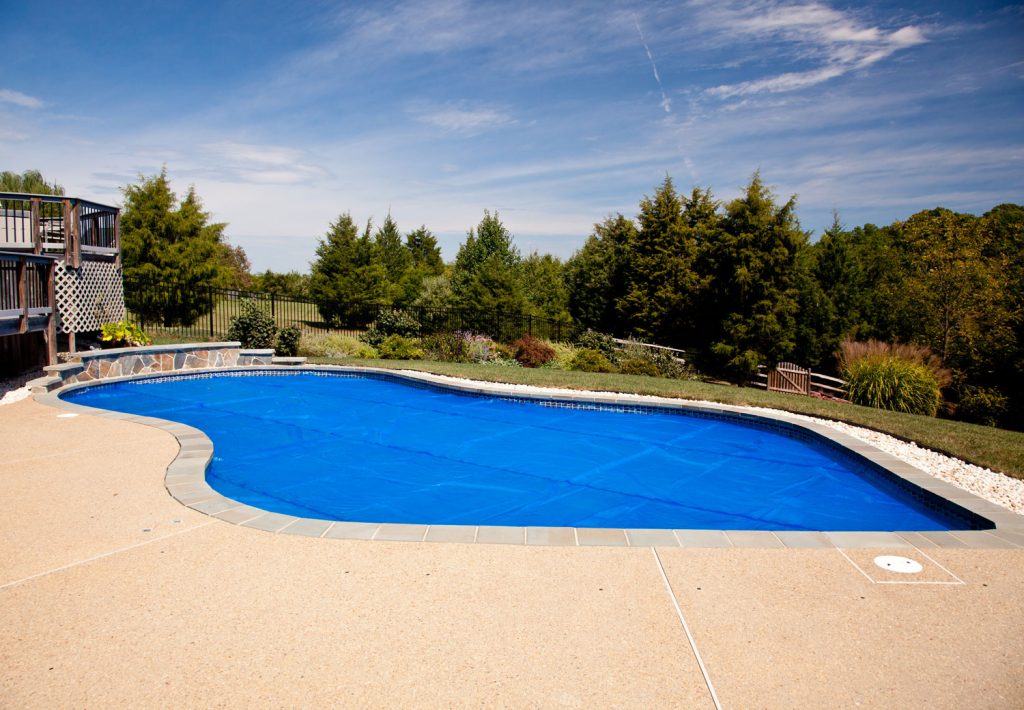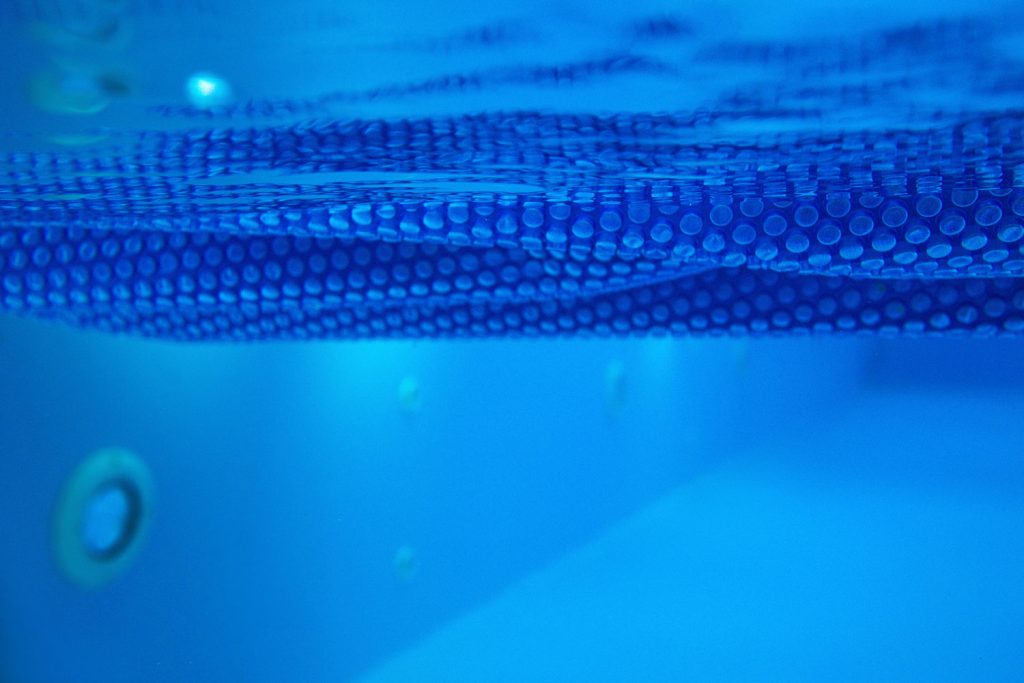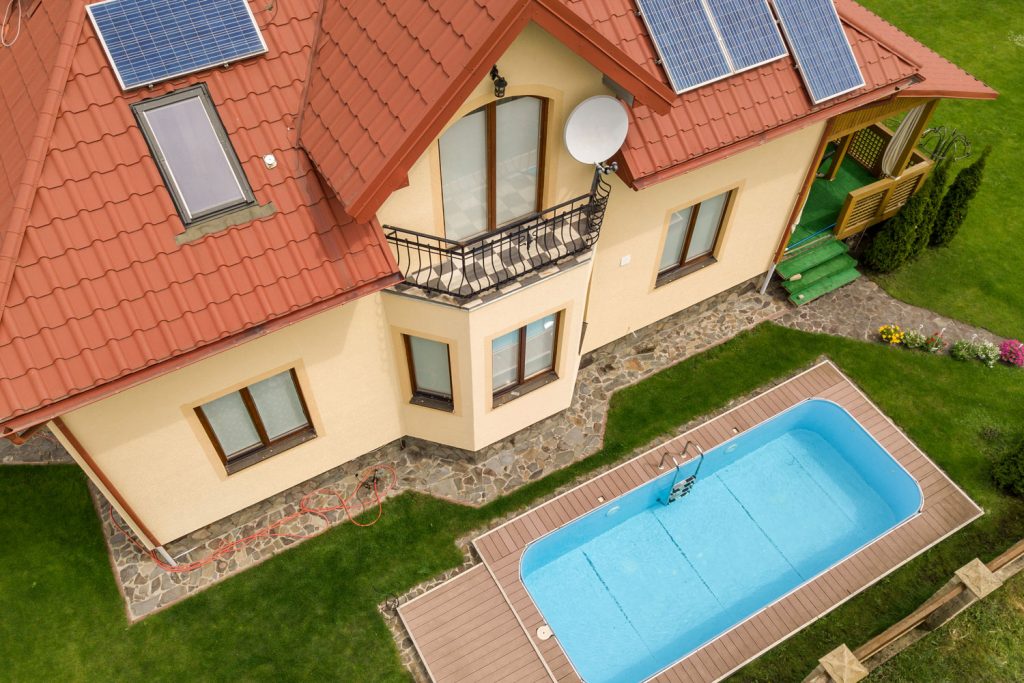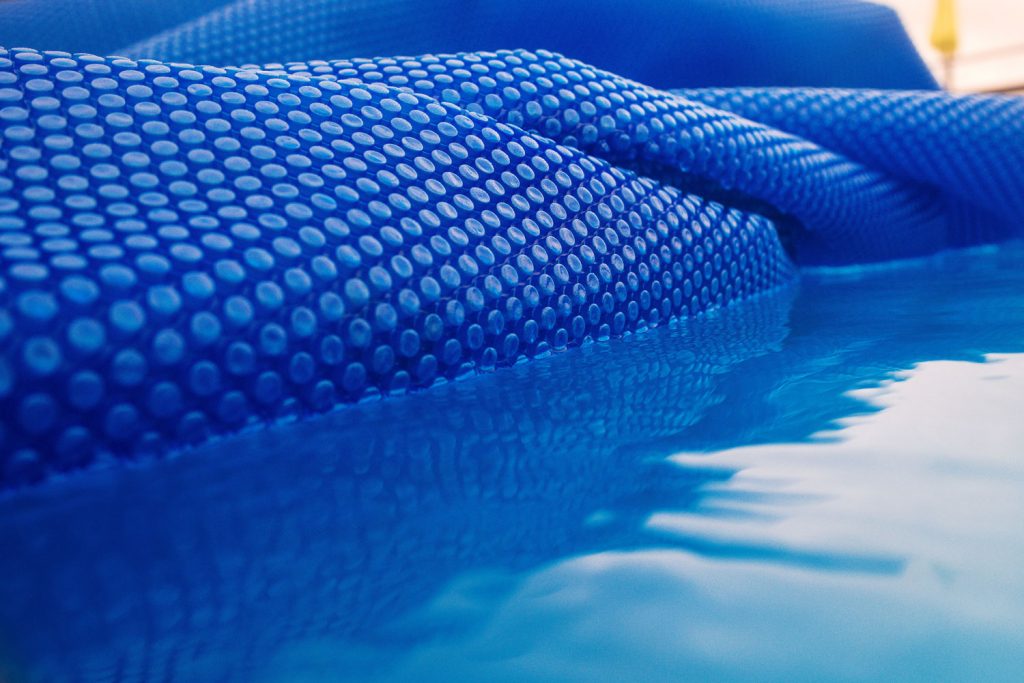
What is the average life of a pool heater?

- Gas-powered pool heaters are effective in making the water hot in a short amount of time. However, their operational cost can be quite expensive.
- Electric-powered pool heaters take longer to heat the water, but they are cheaper to operate once they have reached your preferred temperature.
- Solar pool heaters are expensive to purchase, but you won't have to spend on their operational cost as long as the sun is shining.
Usage
Maintenance
Water Chemistry
Can I leave my pool heater on all the time?

Technically, yes, you can leave your pool heater on all the time. No one's prohibiting you from doing so. The real question here is, would it be practical to do so, considering that it'll impact your energy bill?
Pool owners are conscious about their power consumption and would like to know if leaving the heater on all the time would be more energy-efficient rather than having to turn it on and off periodically.
Experts tell us that heaters consume more energy when they are heating cold water. Once they reach the desired water temperature, then they don't have to work as much anymore. So, when you turn off the heater at night then turn it back on in the morning, it'll have to work hard again to provide you with a comfortable temperature for swimming.
Besides, you'll have to wait for a long time before the water temperature reaches your desired level since you're starting from scratch. This would mean lost time that you could have spent having fun in the pool.
However, it would still depend on your pool use and plans. If you use the pool regularly, it would be wiser to lower the temperature setting when you're done using the pool for the day rather than turning it off completely. This way, when you need the water to be warmer again, the heater won't have to work extra hard, and it won't take so much time to bring the temperature back to your desired level.
But if you have other plans for the weekend or you know that you won't be using the pool for a couple of days, then it makes more sense to turn it off completely. This will help you reduce your energy consumption and costs.
Is a pool heater worth it?

Let's face it. Swimming pool heaters aren't cheap, and heating a pool of water can definitely take its toll on your energy bills. So, is it worth investing in one?
The answer really depends on you. The good thing is that there are a lot of pool heaters out there that are built with such good quality. With proper maintenance and care, they can serve you well for 20 to 30 years, which is a fairly decent amount of time that you'll get for your investment.
However, you should also consider the length of time that you want to spend swimming, the location of your pool, and the climate in your area.
Location
If your pool is located in a shady area in your property, there will be plenty of times when the water would get too cold for your liking. It can get cold at night and during rainy summer days. If this is the case, having a pool heater is worth it because you get to have fun in the pool no matter if it's day or night, and you won't care if the sun is out or not.
Climate
You also have to consider the climate in your area. If you're blessed with sunny weather during most parts of the year, then it won't make much sense to get a heater. But for those who live in colder places, having a heater will allow you to swim comfortably in warm water until winter comes.
Length of use
If you think about it, having a pool heater will have you enjoying your swimming pool for over five months compared to just two when you don't have one. You can have fun in the pool from May to around mid-October, so you're able to get the most out of it.
This is really the main point anyway, right? When you want to maximize the use of your pool, then getting a good quality pool heater is definitely worth it.
As far as energy bills are concerned, there are several ways to make your heater more energy-efficient:
- You can use swimming pool covers, manage your pool temperature by setting it between 78 and 80 degrees Fahrenheit.
- Turn the heater off when you won't be using the pool for several days.
- Reduce your filtration time.
- Consider downsizing your swimming pool pump.
You can reduce the cost of heating your swimming pool with these practices, so you don't have to worry about your energy bill every month.
Final Thoughts

Pool heaters are expected to last for 6 to 12 years. But when you use your heater properly, have it maintained regularly, and keep your pool's water chemistry balanced, you can enjoy the convenience that it offers for more years to come.
You may also visit the following links for some related reading:
5 Electric Pool Heaters For Inground Pools
Are The Water Heater And Furnace Connected

